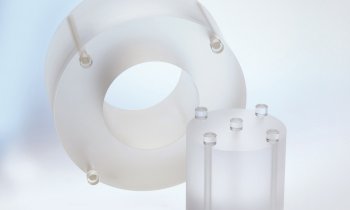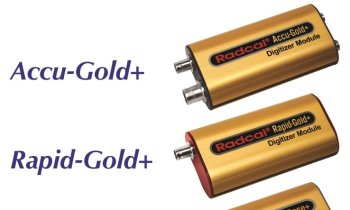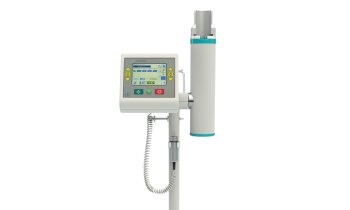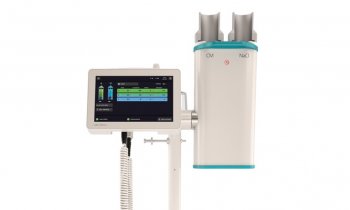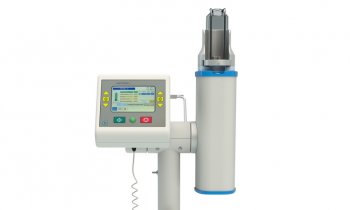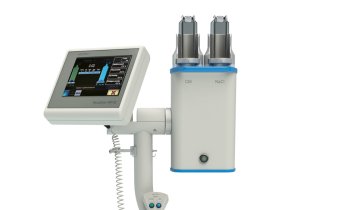Radiology in Poland - a constantly developing field
In an interview with Daniela Zimmermann, Professor Jerzy Walecki explained the implications of that role and the state of radiology in Poland today.
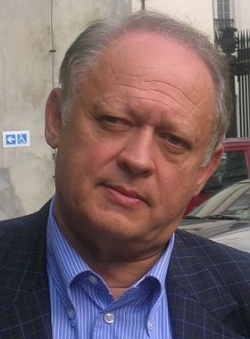
Based in the Miroslaw Mossakowski Medical Research Centre, at the Polish Academy of Sciences in Warsaw, Prof. Walecki serves on the Academy’s Scientific Committee. He also heads the Radiology Department at the Medical Centre of Postgraduate Education and is Editor-in-Chief of the Polish Radiology Journal. Recently, the professor was appointed as a National Radiology Consultant for the Polish Ministry of Health.
In his role as a National Radiology Consultant, Professor Jerzy Walecki explained that generally he performs ‘advisory, consultative and supervisory tasks’ concerning radiology for the Ministry of Health. ‘Since I was given the honour of being a National Consultant, I’ve had to look at the same questions from other points of view. The range of duties is truly wide. I participate in the works of different committees, collective bodies appointed specially to realise a healthcare policy.
‘I give my opinion on diagnostic procedures and supervise their agreement with up-to-date knowledge. It’s also my duty to express opinions on the staff required to implement radiology tasks. I base my views on the experience of leading
radiologists, as well as engineers and medical physicists.
‘Radiology education, embracing seminars and courses, has always been of special interest to me. Now, participating
in education activities is also my responsibility. I create opinions concerning the realisation of a post diploma as well as specialist training of doctors and representatives of other professions connected with health protection. My opinions relating to the merits of professional training - to which radiologists in Poland are obligated - are taken into consideration
in the Ministry of Health.
‘Clinical audits are one of the greatest challenges we face in hospitals nowadays. Only audit execution in accordance with the rules can guarantee the same high level to all radiology departments in the country. We should lean towards the optimisation of clinical audits treated as a constant process of outcome improvement in radiologists’ activity – always
understood as the work done in the interest of a patient.
‘The state of radiology in Poland is comparable with that of other European countries. However, the number of radiology
employees is not always sufficient. There are also current difficulties resulting from permanently growing expectations related to the field, which develops very quickly. Fortunately, in Poland the regulations concerning obligatory training for radiologists are constantly being improved; knowledge transmitted to doctors is supervised by radiology experts. Without systematic professional training of medical staff, radiology cannot function efficiently.’
In his advisory role, what does he wish to convey to the Health Minister? ‘As a National Radiology Consultant I express my opinion on legal regulations relating to radiology. Some of them are still missing, for instance those concerning
teleradiology. ‘Otherwise, I think about a special programme for young and very young patients. We should provide easy access to MRI for a patient, just as to CT. Doctors should be given a real chance to choose between these two diagnostic imaging modalities in order to diminish X-ray exposure to children. The problem is that we have too few MRIs in paediatric hospitals in our country; we cannot freely choose.
‘Generally, I feel responsible for pointing out the problems connected with the radiation protection of a patient. I want to
make low-dose protocols really conspicuous. They should be put into practice and conscientiously used in everyday radiology workflow.’
Could his advisory role influence the future of radiology in Poland? ‘As a National Consultant I participate in forecasting the needs in radiology and establishing new standards in diagnostic imaging. I would like to show concern for the
young medical staff – young radiologists in particular. As a National Consultant, I feel responsible for creating really good conditions for the permanent improvement of young radiologists’ abilities, as well as the development of their knowledge concerning diagnostic imaging.
‘At the same time, I do my best to make young radiologists participate in all kinds of scientific activities and make them present the results of their research in scientific periodicals. As editor-in-chief of the Polish Journal of Radiology I want to give radiologists, as well as students, free access to the magazine. Thus the journal is available on the internet without a subscription.
‘Of course there are also weak points. We still have too few radiologists in some areas of the country. Concerted efforts
should be made to equalise the distribution of radiology staff. Nevertheless, I am optimistic about the future. Close interaction and cooperation between young radiologists and experienced radiology specialists – represented by remarkable organisations such as the Polish Medical Society of Radiology (founded in 1925) – ensure the constant development of radiology in Poland.’
27.10.2011






